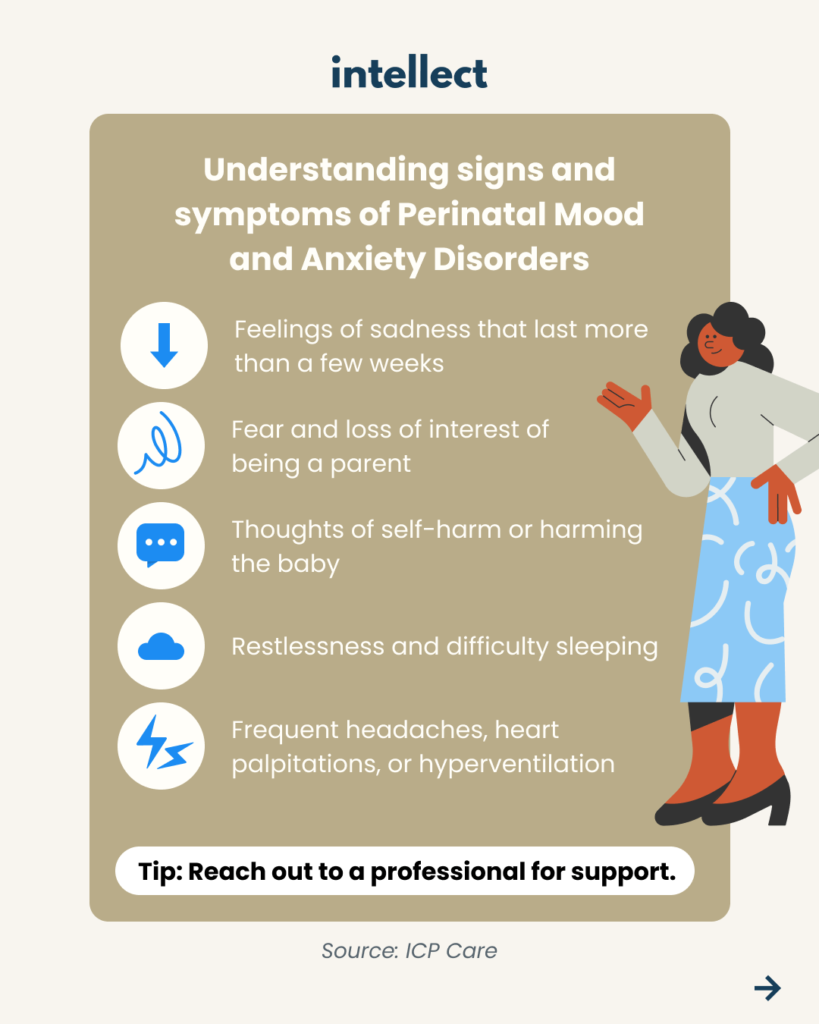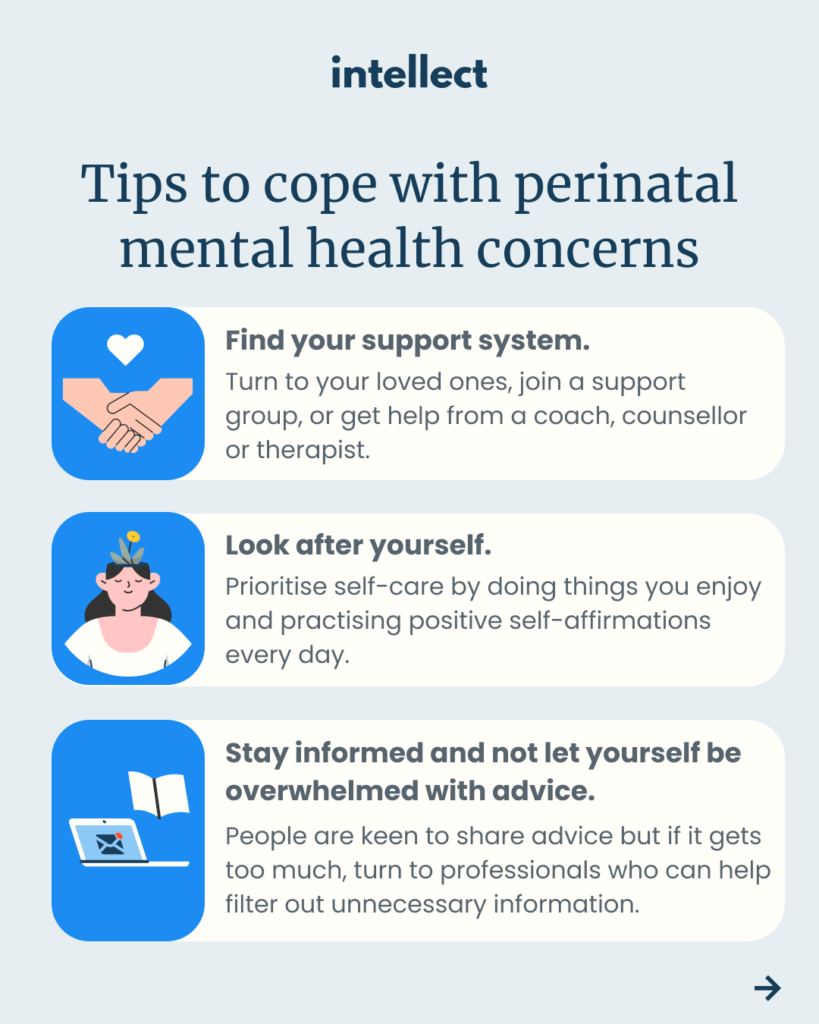Having a baby is no small feat. Motherhood is one of the most life-changing milestones, but returning to work after maternity leave is an especially challenging transition. Balancing work and life already feels like walking on a tightrope at times, and with a tiny human being added to the picture, it’s like trying to juggle while at it.
According to Dr Vivien Yang, an educational and child psychologist at Bloom Child Psychology, new moms often struggle with the physical, mental, and emotional demands of balancing both. In fact, research by NUS revealed that 43% of working mothers feel overwhelmed by the dual responsibilities.
Returning to work after maternity leave
Managing a breastfeeding schedule alongside work responsibilities can take a physical and mental toll on new moms, who are already at risk of sleep deprivation. The guilt of having to take frequent breaks at work, compounded with the anxiety of ensuring an adequate milk supply, only adds to the pressure.
Even moms who have opted for formula feeding are not spared from hormonal fluctuations. During this adjustment, complex emotions such as mom guilt, separation anxiety, and the fear of missing out on their child’s milestones may creep in, further exacerbating the adverse impact on their wellbeing.
Worsened by work-related challenges, these pave the way for postpartum depression, a condition that often goes undiagnosed due to hesitation in seeking help. In Singapore, one in ten mothers experience postpartum depression.


Returning to work after maternity leave has always been challenging, let alone doing so in the post-pandemic era. Work-from-home arrangements may be a blessing for new moms straddling work and parenthood, but children who have developed a greater dependency as a result also need time to adjust to the latter’s absence.
Here are a few tips for new moms to make the transition easier.
Give it a trial run or two
Coming back from parental leave means navigating through new logistics and routines. To make the transition smoother, why not do a few practice runs?
Take the time to familiarise your child with their caregiver and try out different drop-off scenarios. Test your morning routine, from getting ready for work to taking your little one to daycare, and even squeezing in that all-important cup of coffee. If you’re nursing, consider adding pumping sessions during this trial period. The goal is to get a realistic preview of what’s to come and prepare both yourself and your child for the big return. It’s like a dress rehearsal for the real deal.
Return to work in stages
Instead of diving headfirst into the deep end of work, dip your toes in first. For starters, you could request a gradual return to work by negotiating a transition period. You could start with reduced hours for the first couple of weeks or gradually increase your workload over a defined period. This strategy not only alleviates the pressure of managing your new home life but also provides an opportunity to explore new approaches to your job and enhance your focus at work. By taking this measured approach, you can find your rhythm and ensure a smoother reintegration into the workforce.

Ask for what you need
When it comes to returning to work as a new mom, effective communication with your employer is key. Take the initiative to discuss flexible work arrangements that can work in your favour. Whether it’s the option to telecommute, have flextime, or compressed workweeks, these arrangements can give you the much-needed control over your schedule. And remember, it’s important to let your boss know about those non-negotiable commitments, like those occasional doctor appointments for your little one.
Additionally, you may want to speak up about projects you’d like to be involved in or your preferences regarding work-related travel. By voicing your needs and priorities, you’re paving the way for a productive conversation that can lead to a mutually beneficial solution.
Manage your team’s expectations
When it comes to juggling work and motherhood, it’s essential to get your team on the same page. Make your schedule as predictable as possible and be open about your plans with your colleagues. Let them know that you might need to leave work by 5pm or that there will be days when you’ll arrive an hour late because of drop-offs at daycare.
By being direct and specific about your availability, you create a sense of predictability and set the stage for smooth collaboration. Your colleagues will appreciate your openness, allowing them to adjust their interactions and workflow accordingly. Chances are, you’ll get to return the favour sometime down the road too.
Establish a support system
As you navigate the transition back to work, remember that you don’t have to go through this journey alone. It’s time to gather your troops and establish a support system that will have your back every step of the way.
Reach out to your family and friends, and don’t be shy about asking for their help with childcare responsibilities. Join a local parenting network or find an online community where you can connect, share advice, and cheer each other on. Research has shown that moms who received peer support over the phone within the first three months of giving birth are 20% less likely to develop postpartum depression.

And let’s not forget the resources your employer may have for new parents. Explore what programs, benefits, or support networks they offer. Intellect, for instance, has partnered with Gleneagles Hospital in Singapore to make end-to-end mental health services accessible to new moms. Among these are telehealth coaching, clinical therapy, psychiatry, self-guided cognitive behavioural therapy-based programmes, urgent distress support, and mental health screening – all done either virtually via the Intellect platform or in-person at an Intellect clinic.
Look out for signs of postpartum depression
As a new mom, it’s crucial to be vigilant and aware of the signs of postpartum depression. Keep a watchful eye for any signs of postpartum depression. If you find yourself feeling persistently sad, uninterested in your role as a parent, overwhelmingly exhausted, or experiencing changes in your appetite or sleep patterns, it’s time to take action.
But here’s the thing: Society’s outdated notions and stigmas around mental health can make it tough for moms to seek the help they need. We’re often expected to put on a happy face and embrace the so-called bliss of motherhood, even when we’re secretly struggling. Many dismiss their symptoms as a “rite of passage” for new moms and bottle up these “normal feelings.” However, it’s essential to understand that untreated postpartum depression can take root and have long-lasting consequences.
Remember, asking for help is a sign of strength, not weakness. By addressing and treating postpartum depression, you can better care for yourself and provide a nurturing environment for your little one.
What organisations can do
Offer greater flexibility: 52% of women fear being judged for requesting flexible work arrangements, and organisations will do well to offer them preemptively. Provide options like reduced hours or remote work, and encourage the occasional time-off.
Cultivate an inclusive culture: Create a supportive environment that values work-life balance. Designate nursing rooms, offer lactation support, and consider accommodating family members on work trips.
Give employees access to support: Provide resources such as parenting workshops, childcare services, and mental health support. Offer employee assistance programs and establish partnerships with external support networks.
Watch out for postpartum depression: Educate bosses and colleagues about recognising signs of postpartum depression, such as changes in mood or energy levels. Encourage an open and supportive environment where working mothers feel comfortable discussing their emotions and seeking help.
How Intellect can help
Returning to work after maternity leave can feel overwhelming. But what if your employees had their own personal guide to navigate this journey?
Enter the Intellect app. We understand the unique emotional needs of new moms, and our dedicated Learning Path, Managing Baby Blues and Postpartum Depression, is here to support your well-being. This tailored program empowers them to understand and manage your emotions, reduce stress, and make life easier as a new mother.

But that’s not all. Intellect provides easy access to a team of coaches, counsellors, and psychotherapists who specialise in supporting new moms. While managers and team members might not always grasp the unique challenges you face, our professionals are ready to provide the support and guidance you deserve.
Learn more about supporting your employees through every stage of their lives here.








